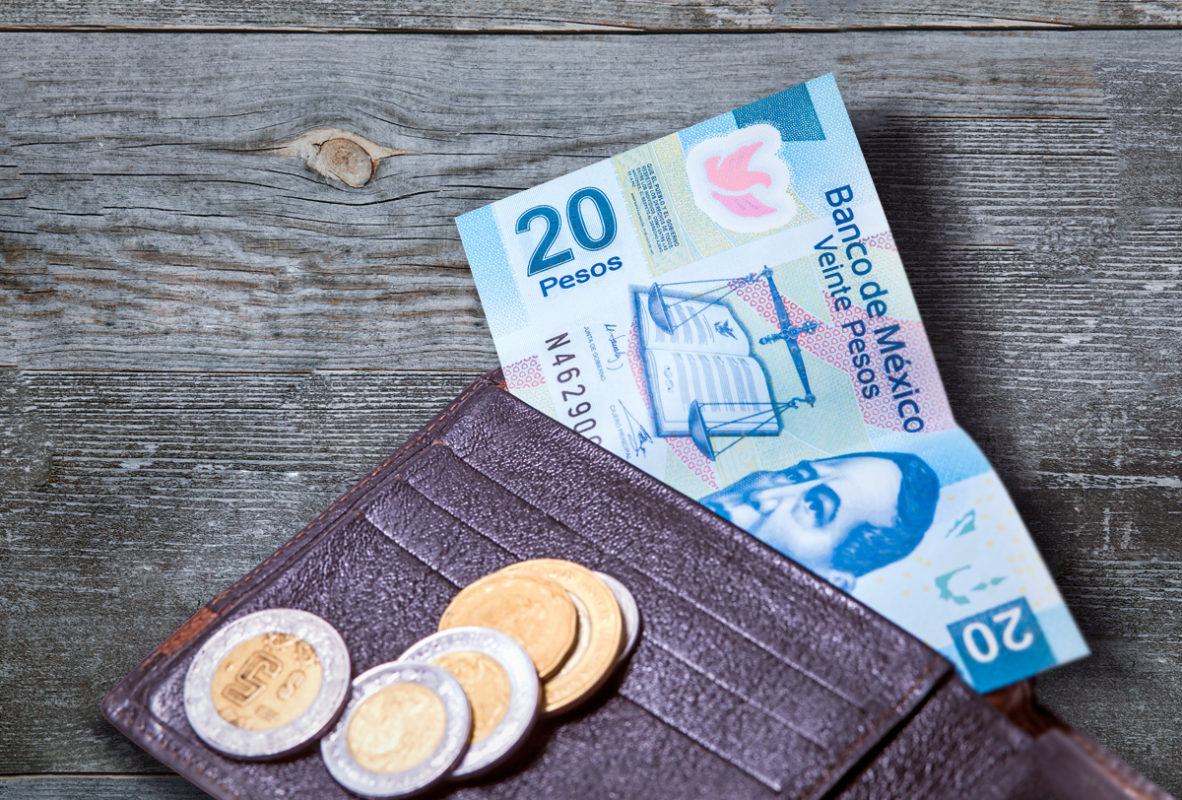Money is not life. It’s just vanity.”
Luiz Alcaraz, excerpt from the song Quinto patio”.
The Credit Suisse Global Wealth Databook 2021 report, recently prepared and published by the banking institution and the World Happiness Report, makes it clear that, although money is not the most important thing in life, it is a factor that somehow contributes to a happier life for many citizens.
This report points out that human beings are not only satisfied with measuring our own happiness, but also compare it in relation to the people around usand even with other people around the world.
According to specialists, the factors that contribute to happiness are as subjective and specific as the billions of humans they influence, but there are some that are almost general: Family, Love and Wealth. The first two of them are difficult to measure, but the last one can be analyzed based on data.
The report took into account data from 146 countries, including Mexico, to determine the correlation that exists in all of them between money and happiness.
In general terms, the poorest countries in the world have the lowest happiness scores and the richest countries report being the happiest. However, there are also nuances and outliers worth noting.
Idiosyncrasy also plays
For example, in Latin America, people self-report more happiness than they are supposed to or should contribute based on the correlation between wealth and happiness. Namely, Latin Americans may give a lower value to the correlation between happiness and moneywithout this meaning that it is not important. The Latin American idiosyncrasy gives more value to other concepts such as family or work, therefore, in this case the correlation between money and happiness has a greater bias. For Latin Americans, the correlation between money and happiness is lower compared to other regions, but without a doubt it also exists.
On the other hand, many nations in the Middle East report slightly less happiness than wealth levels would predict. That somehow supposes a certain level of dissatisfaction with the income levels in that region, despite the fact that it is one of the highest in the world.
In this case, idiosyncrasy and work culture come into play again, which makes Asians more demanding in their income levels as a determinant of their happiness.
The situation, another factor
Of course, other factors also impact the correlation between money and happiness; a scenario of economic prosperity combined with political and social stability contributes to making said correlation more evident, while an environment of instability has to do with less sentiment towards said correlation.
They point to concrete examples in the report: Political turmoil, the economic crisis and the devastating explosion in Beirut have resulted in Lebanon scoring much worse than expected. Over the past decade, the country’s score has dropped nearly two full points.
For its part, Hong Kong has seen its happiness score sink for years. Inequality, protests, instability and now the outbreak of COVID-19 have placed the region in an unusual area on the graph, where it has almost always stood out as one of the first places in the correlation.
There is also economic evidence
The report tries to justify the correlation between money and happiness; The Gini coefficient is a tool that allows us to measure this correlation in a certain way. The tool analyzes the distribution of income in a population and applies a score to that population. Thus, a score of 0 would be “perfect equality” and 1 would be “perfect inequality” (ie, an individual or group of beneficiaries receives the entire income distribution). While there is no irrefutable conclusion that can be drawn from this data set, there are general observations worth noting.
One of the great conclusions is that countries with less income inequality tend to also report more happiness; thus, the 15 countries on the list prepared and recorded in the report, which have data with the greatest inequality, have a lower average happiness score than the 15 countries with the lowest inequality. In this case, idiosyncrasy comes into play again; for example, despite high income inequality, many Latin American countries report levels of happiness similar to several of the much wealthier European nations.
Mexico, worthy representative of Latin America
Mexico is a worthy representative of the Latin American countries; in fact, the place it occupies on the list is moderately outstanding, considering that they are data from 146 nations and our country are in the 49th place of the correlation between money and happinesswith a median wealth per adult of $13,752 per year, has a rating of 6.1 points.
OPINION: Will we end up robbing banks to recover our own money?
However, our country is far from the first places, occupied by Finland as the nation with the best correlation with a rating of 7.8 and a median wealth per adult of $73,775. followed by Denmark with 7.6 despite the fact that it has a higher average wealth per adult with 165 thousand 622 dollars, and Iceland in third place also with 7.6 points and an even greater wealth of 231 thousand 262 dollars, although it is a country in extreme small and with barely 400 thousand inhabitants.
On the list of countries with the worst correlation are Lebanon, with a median wealth per adult of $18,159 and a score of 3.0, followed by Sudan with a score of 2.9 and a median wealth of $2,677 per adult, while the last The site is for Afghanistan, with a median wealth of just $734 and a score of 2.4 points.
MORE NEWS:


